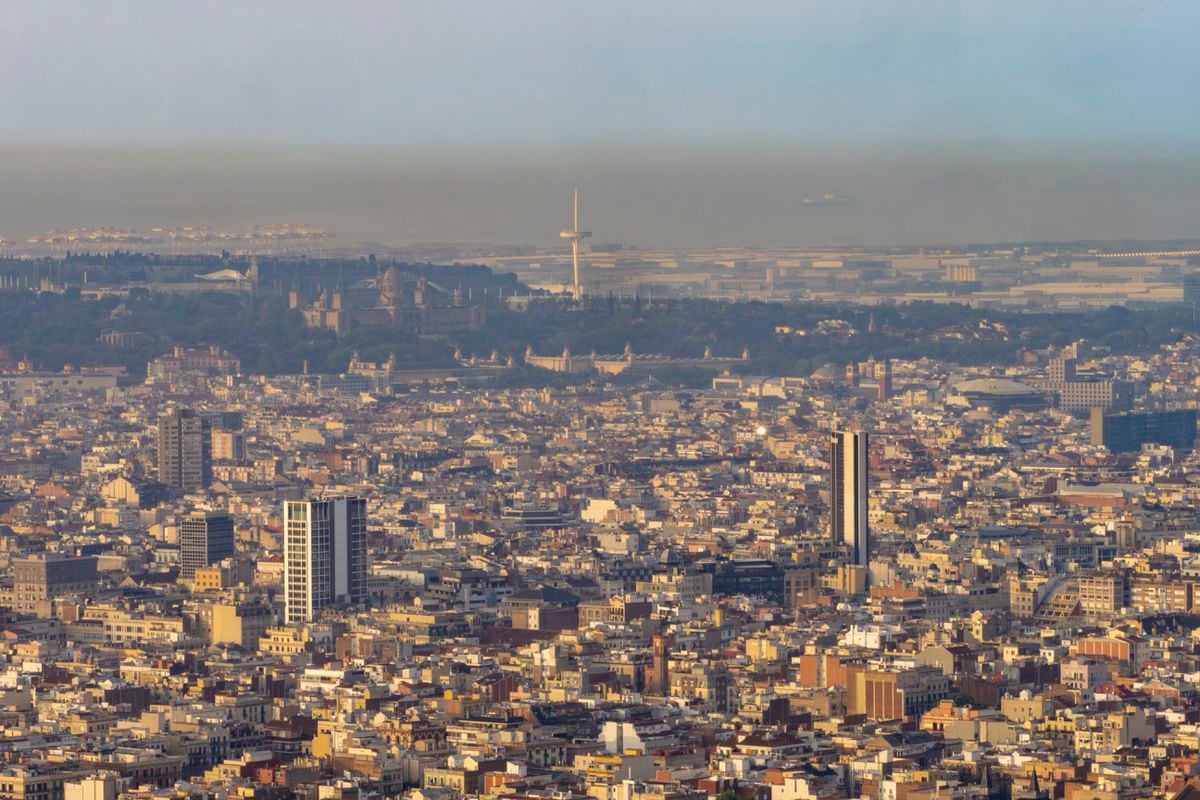The Court of Justice of the European Union has indicated this Thursday that the levels of diesel emissions suitable for the commercialization of a tourism do not affect local corporations. Brussels relaxed in 2016 the nitrogen dioxide levels not exceeded during the technical controls that precede registration. It happened in the context of the
Dieselgate
scandal , which uncovered how Volkswagen had altered this data in its real-world driving tests. The European legislator then assigned correction coefficients in the face of certain technical uncertainties, but Madrid, Paris and Brussels presented appeals to the text. All three cities considered that this measure made future restrictions on the most polluting road traffic difficult.
In the first instance, the General Court of the European Union agreed with the plaintiffs, considering that the rules directly affected their powers in matters of motor vehicle regulation and annulled the new threshold. The ruling was appealed by the Community Executive, as well as Germany and Hungary before the Union Court, which this Thursday annulled the previous sentence, considering that the municipalities lack the power to approve passenger cars. The text also rejects that the test directive prevents traffic restrictions in order to protect the environment.
Directive 2007/46, the one approved as a result of
Dieselgate
, set more lax parameters than the previous regulation, called Euro 6. If the latter established the legal frontier at 80 milligrams of nitrogen dioxide for each kilometer of travel, the new The regulation increased the limit to 168 for a transitional period and then to 120. This Thursday the Luxembourg-based court endorses these indicators in the homologation of new vehicles, as it seeks “the establishment and operation of the internal market, while guaranteeing a high level of road safety through the total harmonization of the relative technical requirements ”.
The truth is that this Thursday's ruling is a triumph for the industry, which has always been in favor of raising emissions margins. Although this decision, as the European Commission has stressed on several occasions, does not mean an increase in gas in the streets. The institution maintains that the system used for measurements, both on the road and in the laboratory, has become better adjusted to the reality of driving and is now more reliable than ever. Directive 2007/43 constitutes, in any case, a provisional measure: manufacturers must respect, as of next year, those 80 milligrams of nitrogen dioxide set out in the preceding legislation. The Madrid City Council, for its part, considers that it is "an old issue that does not affect the current measures against emissions."
Subscribe here
to our daily newsletter about Madrid.






